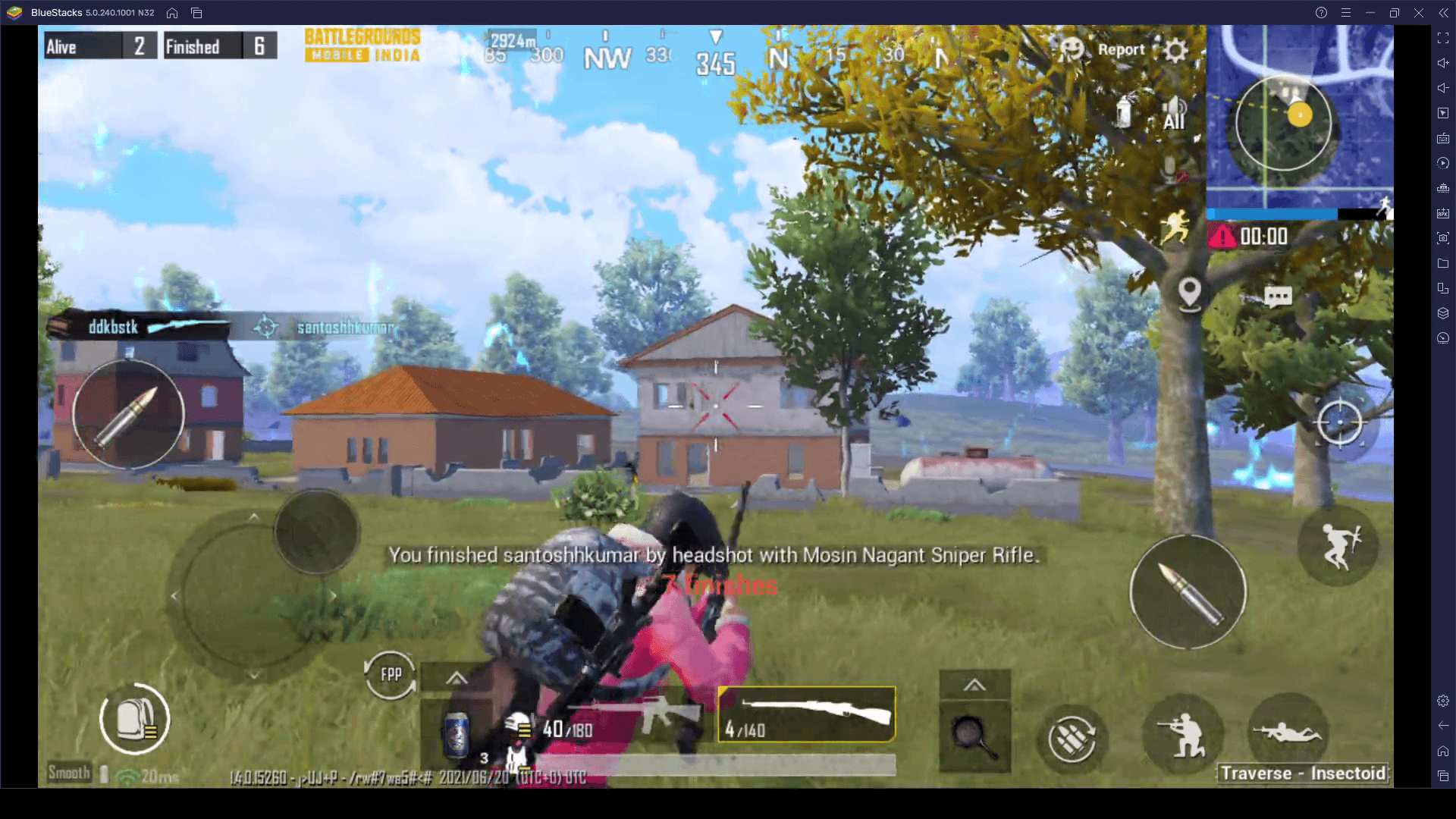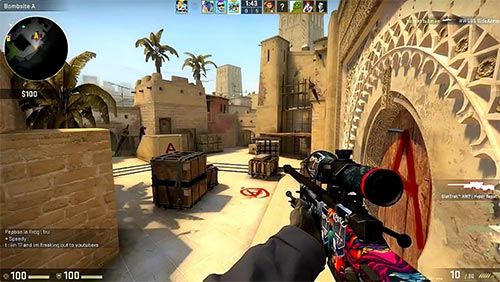In the world of online gaming, where connectivity and seamless experiences are paramount, the introduction of the Universal Pin is a game-changer that promises to simplify how players unite and interact across different platforms. Gamers from various corners of the world, regardless of their console preference or game selection, now have a universal means of connecting, thanks to this innovative tool. The Universal Pin acts as a bridge, breaking down the walls between platforms, whether it is PC, PlayStation, Xbox, or even mobile gaming. By creating a single point of entry for friends, clans, or even random matchups, it eliminates the hurdles traditionally faced when players want to unite. Before the Universal Pin, players often had to juggle multiple accounts, friend’s lists, or platforms to connect with one another, each system having its own set of rules for how friends could be added, messages could be sent, or invites could be received. This fragmented environment caused not only confusion but also frustration, as some players were unable to interact with friends due to these system silos.

The Universal Pin removes these complications by offering a single identification number that works across all platforms, instantly connecting players with a smooth, streamlined experience. A simple pin can link friends regardless of their chosen system or game title, ensuring that players can easily form groups, start new games, or join existing ones. This level of convenience is a blessing for those who have friends on different platforms but want to continue uc purchase gaming together without having to switch accounts or deal with incompatible systems. For competitive gamers, the Universal Pin also creates an opportunity for a fairer playing field. Tournaments and team play become easier to organize, as players no longer need to worry about platform-specific limitations. With the Universal Pin, players can focus on what truly matters the game itself.
Gamers can now quickly add one another to their virtual roster, bypassing the usual hassle and frustration of navigating through various friend request systems. Furthermore, the integration of the Universal Pin into the gaming ecosystem is beneficial for developers too. By allowing cross-platform play in a standardized way, they can cater to a larger, more diverse player base without the risk of isolating certain groups of players. It also reduces the technical challenges of syncing between platforms, simplifying game updates, patches, and content sharing. Ultimately, the Universal Pin brings the gaming community closer, ensuring that players spend more time enjoying their games together rather than dealing with the limitations of the systems they use. Whether it is teaming up for co-op missions, engaging in competitive play, or simply hanging out virtually, the Universal Pin offers a revolutionary step forward in connecting gamers worldwide, simplifying online play like never before.



